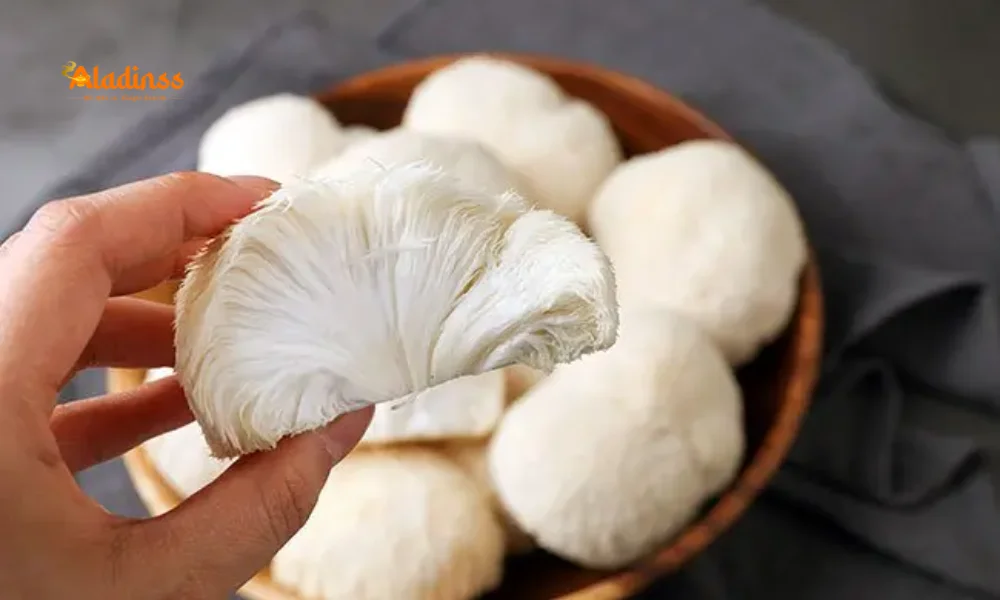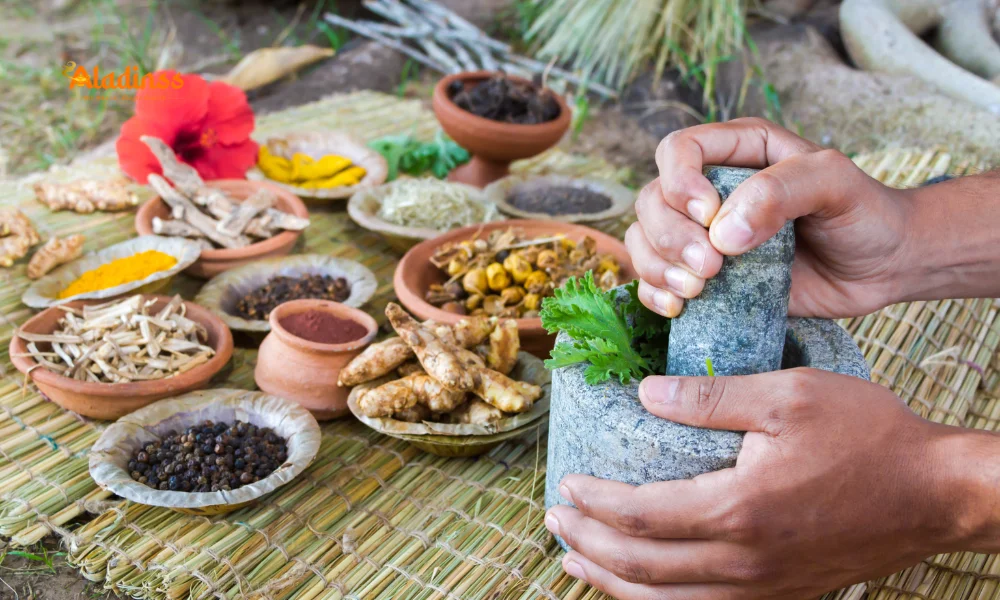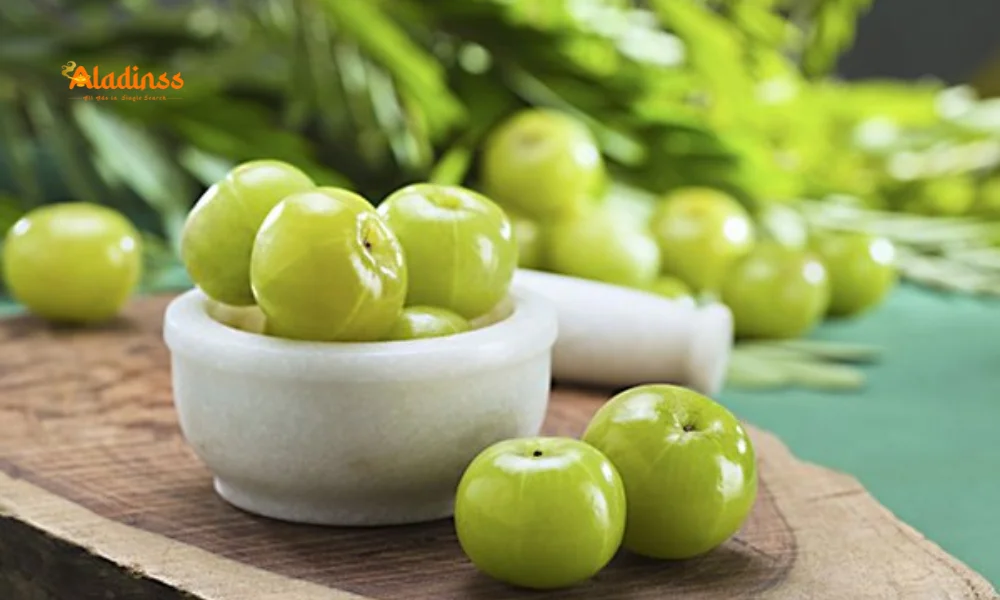Safe Mushrooms During Pregnancy: Doctor's Advice

Mushrooms During Pregnancy: Are They Safe? Doctors Weigh In on Benefits and Risks
Many expectant mothers wonder if they can enjoy mushrooms during pregnancy, and the answer from medical experts is a resounding yes—for most varieties. Safe options like cremini, shiitake, and oyster mushrooms offer vital nutrients such as fiber, B vitamins, and potassium, supporting fetal development and maternal health. They may even help regulate blood sugar and lower the risk of gestational hypertension or preeclampsia. However, avoiding wild or hallucinogenic types is crucial to prevent serious complications. This guide explores what doctors say about safe mushrooms during pregnancy, their nutritional perks, and smart preparation tips to keep you and your baby thriving.
Why Mushrooms Are a Smart Choice for Expectant Moms
Mushrooms have long been celebrated for their health-boosting properties, but during pregnancy, they shine as a low-calorie powerhouse of essential nutrients. Doctors often recommend incorporating them into a balanced diet because they provide folate, which supports neural tube development in the fetus, and antioxidants that combat oxidative stress—a common concern in pregnancy. Unlike many foods, mushrooms are naturally low in fat and cholesterol, making them ideal for managing weight gain while delivering flavor to meals.
Healthcare providers emphasize that a diverse diet rich in plant-based foods like mushrooms can enhance overall well-being. For instance, their high water content helps with hydration, and the fiber promotes digestive regularity, easing common issues like constipation that plague many pregnant women.
Also Read: Onions for Diabetes: Cut Blood Sugar by 50%
Nutritional Benefits of Safe Mushrooms During Pregnancy
The benefits of mushrooms during pregnancy are backed by science and endorsed by obstetricians. These fungi are loaded with B vitamins like riboflavin, niacin, and pantothenic acid, which aid energy production and nervous system health—crucial for both mom and baby. A single cup of portobello mushrooms delivers about 21% of the daily niacin needs for pregnant women, helping prevent deficiencies that could lead to fatigue or anemia.
Potassium in mushrooms, around 318 mg per cup, supports healthy blood pressure and fluid balance, reducing swelling in the legs and feet. Copper and selenium act as antioxidants, protecting cells from damage and bolstering immunity, which is vital during pregnancy when the immune system is naturally suppressed.

Fiber from mushrooms, particularly beta-glucans, promotes gut health and steady blood sugar levels, potentially lowering the risk of gestational diabetes. This is especially helpful for women with a family history of diabetes, as stable glucose supports optimal fetal growth without excessive weight gain.
How Mushrooms Help Regulate Blood Sugar in Pregnancy
Maintaining healthy blood sugar is a top priority during pregnancy to avoid complications like gestational diabetes. Polysaccharides in mushrooms slow carbohydrate absorption, preventing spikes that could harm the baby’s development. Doctors note that this natural regulation can complement prenatal care, especially for at-risk patients.
Incorporating mushrooms into meals can also curb cravings for sugary foods, thanks to their umami flavor that satisfies without empty calories. This dietary strategy aligns with American College of Obstetricians and Gynecologists (ACOG) guidelines for a nutrient-dense diet to support metabolic health.
Reducing Hypertension and Preeclampsia Risks with Mushrooms
High blood pressure affects up to 10% of pregnancies, but a mushroom-rich diet may offer protection. A randomized clinical trial showed that women consuming 100 grams of mushrooms daily from preconception to 20 weeks had significantly lower rates of gestational hypertension and preeclampsia. The study attributed this to ergothioneine, an antioxidant in mushrooms that safeguards blood vessels.
Preeclampsia, characterized by sudden hypertension after 20 weeks, can lead to preterm birth or organ damage. By including mushrooms, expectant mothers may mitigate these risks, as the trial also noted reduced excessive weight gain and gestational diabetes incidence. Gynecologists often cite this research when advising patients on preventive nutrition.
Safe Types of Mushrooms to Enjoy During Pregnancy
Doctors universally agree that cultivated, store-bought mushrooms are the safest bet. Here's a list of recommended varieties:
- Cremini (Baby Bellas): Earthy and versatile, perfect for pasta or soups; rich in selenium for immune support.
- Oyster: Mild and delicate, ideal for stir-fries; high in B vitamins for energy.
- Portobello: Meaty texture suits burgers or grilling; excellent potassium source to ease cramps.
- Shiitake: Umami-packed, great in broths; may lower triglycerides without fetal impact.
- Straw: Antioxidant-rich for anti-inflammatory benefits; add to stews for subtle sweetness.
- White Button: Everyday staple for salads or omelets; linked to lower preeclampsia risk in studies.
These safe mushrooms during pregnancy are widely available and easy to incorporate, providing variety without compromising safety.
Mushrooms to Strictly Avoid for Maternal and Fetal Safety
While beneficial types abound, certain mushrooms pose grave dangers. Psilocybin or "magic" mushrooms contain hallucinogens that can cause anxiety, paranoia, and impaired judgment—effects unstudied in pregnancy but potentially harmful to fetal brain development. Obstetricians strongly advise against them, as they may increase miscarriage risk or lead to preterm labor.
Wild mushrooms are equally risky; even experts misidentify toxic species like the death cap (Amanita phalloides), which can cause liver failure or death. Listeria outbreaks from raw enoki underscore the need for caution with undercooked varieties. Stick to labeled, commercial products to sidestep these threats.
Best Preparation Methods for Pregnancy-Safe Mushrooms
Proper handling ensures mushrooms remain a healthy addition. Always rinse thoroughly under running water to remove dirt, then pat dry. Cooking is non-negotiable—raw mushrooms risk bacterial contamination like Listeria, which is 10 times more dangerous during pregnancy. Sauté, bake, or grill at 140°F (60°C) minimum to kill pathogens and enhance digestibility.
Introduce new types gradually to monitor for allergies, though rare. Store in a paper bag in the fridge for up to a week, avoiding plastic that traps moisture and promotes spoilage. These steps, per CDC guidelines, maximize the benefits of mushrooms during pregnancy.
Medicinal Mushrooms: Proceed with Caution
Varieties like reishi or lion’s mane boast immune-boosting potential, but evidence in pregnancy is limited. While culinary shiitake and maitake are fine, concentrated supplements may pose risks due to unknown fetal effects. Consult your OB-GYN before adding them, as interactions with prenatal vitamins or meds could occur.
Traditional uses in cultures like Chinese medicine suggest benefits for calm births, but Western doctors prioritize caution until more trials confirm safety.
Doctor-Recommended Recipes Featuring Safe Mushrooms
Make mushrooms a staple with these easy, doctor-approved ideas:
- Shiitake Stir-Fry: Sauté with veggies and lean protein for a blood sugar-friendly meal.
- Portobello "Burgers": Grill as a meat alternative, topped with fresh greens.
- Oyster Mushroom Soup: Simmer in low-sodium broth for soothing hydration.
- Cremini Stuffed Peppers: Bake with quinoa and herbs for fiber-packed lunches.
These dishes keep calories in check while amplifying nutrients, aligning with prenatal dietary needs.
Addressing Common Concerns: Allergies and Digestive Issues
Though uncommon, mushroom allergies can cause itching or swelling—stop consumption and seek medical help if symptoms arise. For digestion, start small to avoid gas from fiber; cooking breaks down tough compounds.
If you have GERD, opt for milder varieties like white buttons. Always discuss with your provider for personalized mushrooms during pregnancy advice.
Long-Term Health Impacts for Mom and Baby
Beyond immediate benefits, mushrooms may influence lifelong health. Their anti-inflammatory effects could reduce postpartum recovery time, while folate aids in preventing birth defects. Babies of moms who ate nutrient-rich diets show better cognitive outcomes, per longitudinal studies.
For mothers, sustained intake post-pregnancy supports breastfeeding and metabolic reset, lowering type 2 diabetes risk.
Expert Opinions: What OB-GYNs Advise
"Mushrooms are a fantastic, versatile food for pregnancy—nutrient-dense and low-risk when prepared right," says Dr. Lisa Hodgson, RDN. Most providers encourage 100 grams daily, echoing the preeclampsia study, but stress variety for balanced nutrition.
For high-risk pregnancies, they monitor intake to ensure no interactions, reinforcing that safe mushrooms during pregnancy enhance, not replace, medical care.
Comment / Reply From
No comments yet. Be the first to comment!







